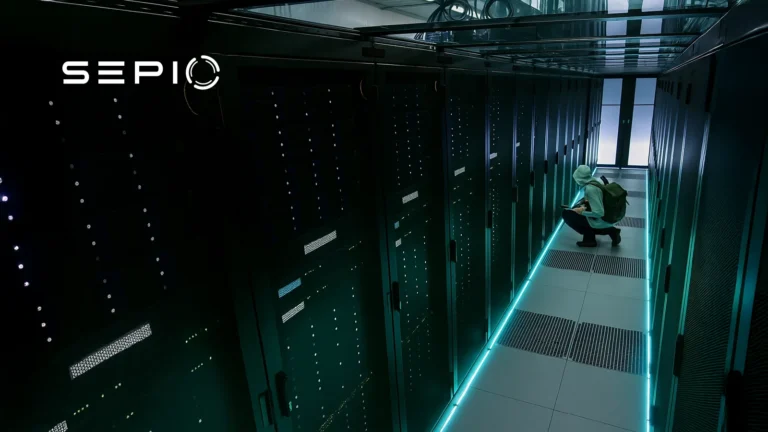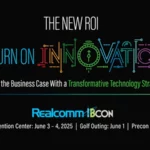Cybersecurity in the food and beverage industry is essential to protect sensitive data, ensure the continuity of operations, and safeguard consumer trust. The food and beverage sector faces unique challenges, as it involves the convergence of information technology (IT) and operational technology (OT) in areas such as production, supply chain management, and distribution.
Why Cybersecurity Matters for the Food and Beverage Industry
The idea of cybersecurity might seem disconnected from food production, but threats to OT environments in this industry are real and dangerous. Imagine if a supplier providing your local supermarket with goods were to suffer a cyber breach that altered quality control systems. The risk of contamination, such as mixing raw materials with cooked ones, could lead to serious health issues like salmonella outbreaks.
Just as strict quality control measures are essential for food safety, implementing robust cybersecurity is critical for protecting OT systems from malicious actors. Bad actors target any industry where disruptions can cause significant damage, and the food and beverage sector is no exception.
Ransomware and Data Breaches in the Food Industry
Food manufacturers are often large corporations that generate high amounts of data that, if encrypted by a malicious actor, can be held for ransom. The cost of a ransomware attack, especially if the organization obtains proprietary recipes, formulas, and processes, can be in the realm of millions of dollars. Furthermore, a ransomware attack can seriously impact an organization’s operational capabilities, thus causing a loss of productivity and, as a result, a fall in profits.
Fleury Michon, a French food manufacturer, was hit with an attack that caused its factories and logistics unit to shut down for five days and, although the monetary cost of the attack was not disclosed, being unable to operate for five days would have most likely had a significant financial impact.
The Cost of Hardware-Based Cyber Attacks
The costs are not limited to the ransom amount. An attack on a food manufacturer can seriously damage its consumer trust and company’s image, causing financial consequences to profitability. Moreover, stealing company secrets, such as secret recipe ingredients, can impact innovation and, as a result, influence competitiveness.
An adversary might want to sabotage the competition and, since a lot of processes are managed by machines, manipulating the recipe of a product can be done by attacking these machines. Producing food or beverages that taste different to how they are supposed to could discourage consumers from purchasing the product again. In more serious cases, machines can be altered to stop detecting allergens and harmful substances, putting the consumers at serious risk.
Additionally, food and beverage manufacturers are part of a supply chain and therefore have access to not only their own data, but also to some data belonging to other organizations in the network. The food and beverage manufacturer might simply be an entry point for an attacker aiming for another organization within the same supply chain (Supply Chain Attacks).
Prioritizing Cybersecurity for OT Assets
Just because this industry does not suffer from cyberattacks at the same level as other industries such as the financial sector and healthcare services, cybersecurity for OT assets in the food and beverage industry should still be prioritized. Food and beverage manufacturers need to implement comprehensive measures to ensure that they are protected from bad actors seeking to cause damage. It is better to have protection measures in place rather than dealing with the consequences of not having any.
How Sepio Can Help Protect Your OT Environment
Gain full visibility into your assets, including shadow IT and OT devices. Sepio’s patented technology helps you:
- Identify every known and shadow asset.
- Prioritize and mitigate cybersecurity risks effectively.
- Protect your food and beverage operations from supply chain and hardware-based attacks.
Take Control of Your Cybersecurity Risks
Don’t wait for a cyberattack to expose vulnerabilities in your food and beverage operations. Contact our experts today to learn how Sepio can strengthen your OT cybersecurity and protect your supply chain.






